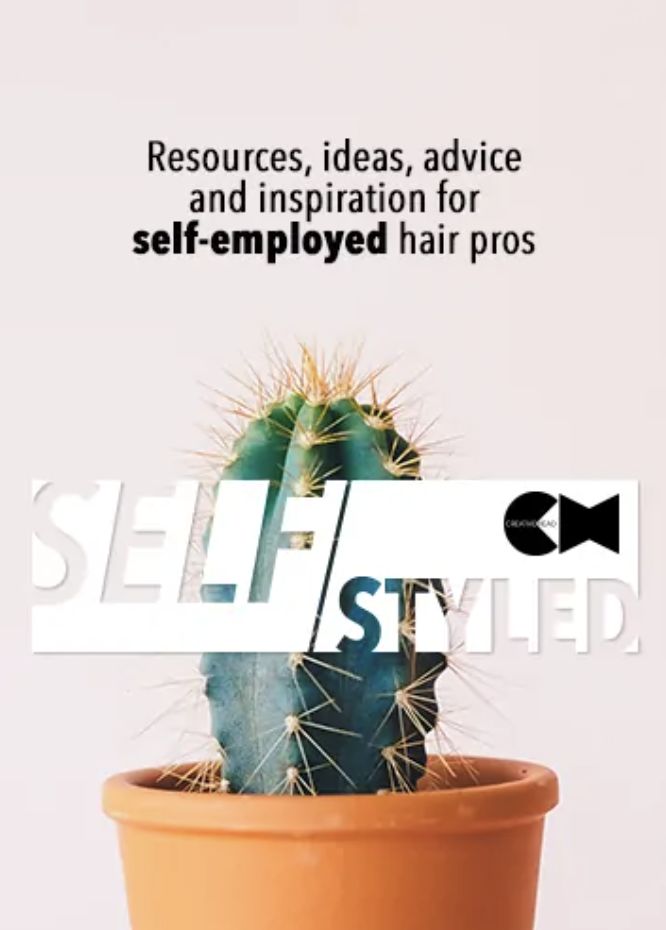The Last Word on… Bleisure
Post-Covid, work routines for many have been altered hugely. Can you achieve the perfect balance between work and leisure?
by CAITLYN | CONNECT

In an ever-evolving world, a new trend is gaining popularity in how we’re working: ‘bleisure’, a combination of business and leisure. With the rise in hairstylists being self-employed and digitally savvy content creators, balancing work and leisure is a harmonious balance many are struggling to find. Many hairdressers are now opting to work split weeks, where they’re doing a few days behind the chair and then the rest of the time creating content, educating in workshops around the country (or the globe), travelling for show and platform work, working for brands as ambassadors, etc. Business owners – both independent stylists and salon owners – still need to run a column or salon while they travel. With its promise of greater balance, bleisure can help reduce burnout, boost creativity and provide relaxation.
“Incorporating leisure into your work routine supports work/life balance. It offers relaxation and rejuvenation, reducing stress and burnout while contributing to personal growth,” explains Sonia Magnier, a former hairdresser, who’s now a holistic business and life coach.
One of the biggest challenges for hair pros is setting boundaries between work and personal time. Sonia recommends creating a clear separation between the two. “Plan your schedule in a way that allows you to fully switch off during your leisure time. When you’re at work, give it 100 per cent, but when you’re off, make sure you fully relax without thinking about work.”
But what does this look like for those working in salons, and how do professionals integrate leisure into their routines? Salon owners and freelance stylists are finding creative ways to prioritise their wellbeing without compromising their careers.
Frazer Wallace, a stylist from The Haus Studio in Dundee, has found that being self-employed allows him to integrate leisure more effectively into his routine. “It’s given me freedom. I decide when I get time off or say no to work if I need a break,” he says. Despite working more hours overall, Frazer feels the trade-off is worth it because of the control he has over his schedule.
His ability to set personal boundaries – such as ensuring he takes at least four weeks off per year – helps him manage his workload while also making time to relax. His advice for other stylists looking to integrate leisure into their routines is to ensure they are financially secure in their base work, so they have the flexibility to take breaks without feeling pressure to overwork.
For salon employers, fostering an environment where leisure is prioritised can lead to happier, more productive staff. Lorraine Naughton, the owner of OB1 in Maynooth, believes that work/life balance is essential to enabling stylists to live fully. After the pandemic, she implemented changes to her salon’s structure, prioritising flexibility. “It’s important that they get to live the dreams they want to live, while also having a job they love and a company they enjoy working in,” she says.
At OB1, staff members set their own working hours. This structure gives stylists the freedom to pursue their personal lives, spend time with family, and practice self-care. “When the team is happy, the clients are happy, and the whole salon thrives,” Lorraine adds. This flexibility has been key to retaining talent and maintaining high morale in her salon.
The danger of burnout is real in hairdressing, where the pace is often relentless; making time for leisure is essential. Frazer stresses that while burnout can be part of the job when you’re ambitious, it’s critical to avoid pushing too far. “The key is to ensure that your downtime truly rejuvenates you,” he advises.
At OB1, Lorraine has created a culture of care that prioritises mental health and wellbeing. Her team has access to wellness resources, such as mental health apps and counseling services, that help them manage the stresses of the job. “We encourage everyone to support each other, check in regularly, and make sure no one is feeling overwhelmed,” Lorraine explains.
Image credit: Antonio Gabola from Unsplah








